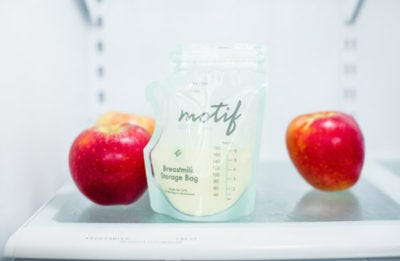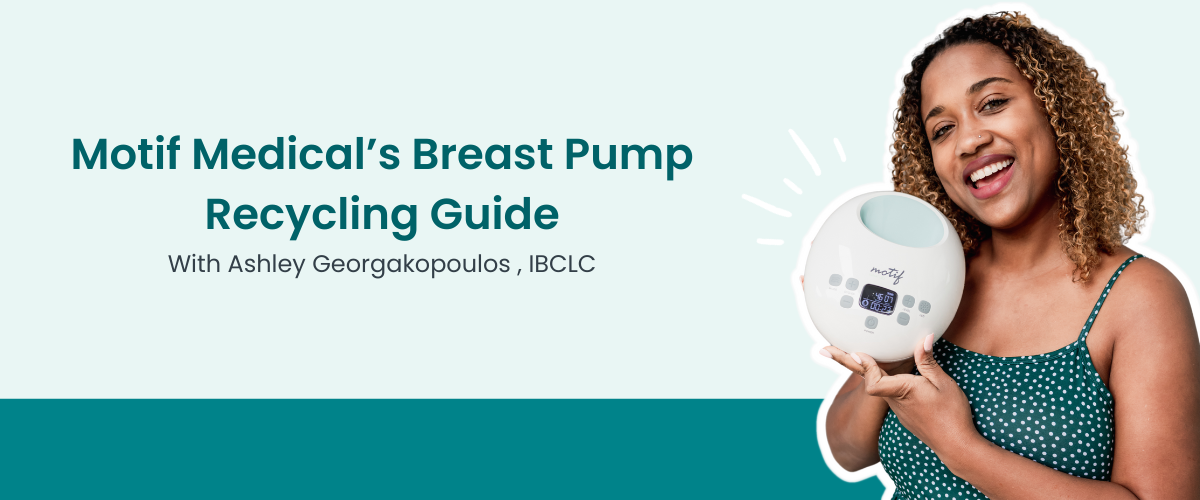One of the major questions from new moms, especially breastfeeding moms, is what their diet should look like in postpartum and how to ensure they have a healthy diet to provide the best for what their baby needs. A well-rounded diet rich in nutrition is a priority when breastfeeding. While many assume it has to do with their milk supply, milk production, and milk composition, evidence suggests that nutrition has more to do with the health status of the lactating mother in many ways.
Breastmilk composition, or what it consists of, surprisingly stays pretty consistent regardless of the mother’s diet. This means that the body prioritizes breastmilk production over other functions and nutritional statuses of the mother, just like in pregnancy. So the body will give energy to this function from the calories and nutrients provided by the diet or by what is stored already in the mother’s body.
Breastfeeding burns anywhere from 300-500 calories a day, depending largely on a mother’s metabolism and current weight status, using water, electrolytes, vitamins, minerals, and macronutrients: fats, proteins, and an abundance of carbohydrates.
Regardless of maternal intake, breast milk composition and calories given to the baby are consistent. One exception to this statement is vitamin D status, which will be discussed in a moment.
This means it does not require a particular diet or an extreme amount of caloric intake to produce and maintain lactation abilities to exclusively breastfeed. However, production will take from the mother’s body if not available through her diet. The caloric intake for a mother at a healthy weight is recommended to be at around 500 additional calories a day, more so for enough vitamin and mineral replenishment through the foods we eat than calories actually burned.
An important side note to this is to be cautious and particular with supplementary snacks, often coined as “lactation foods,” as many can be high in calories and not the answer to breastfeeding problems, as many look to them for. An additional 500 calories can be broken down into two healthy snacks, easily. Feeding multiples will increase these needs, slightly, but only up to approximately 800-1000.
Do: Nutritional Supplements; Don’t: Rely solely on them
Finishing prenatal vitamins and starting a postnatal vitamin, preferably from whole-food sources instead of synthetic, is recommended. Our diets tend to fall short in achieving the recommended amount of vitamins and minerals needed.
One vitamin, in particular, is vitamin D, simply for the fact that we do not receive enough sunlight to metabolize vitamin D in the cholesterol of our skin. Which is why all babies, whether breastfed or formula-fed, need supplementation. However, there is good news from recent research.
If a mother supplements herself with 6400 IU of vitamin D a day, enough passes through the breastmilk to satisfy the baby’s needs, as well. Vitamin D and a healthy gut biome can also reduce the rates and risks of postpartum depression, anxiety, and psychosis in the mother. Natural sources of vitamin D are dairy, bone-in meats and fish, mushrooms, and the cholesterol in our skin getting sun exposure.


As for other mineral needs, calcium has an interesting part to play: we reabsorb calcium requirements at a faster and more efficient rate while lactating than at any other time. This is an excellent time to reach for those dark, leafy greens, oily fish and bone broths.
From the time a girl has her first period to the point of menopause, and every pregnancy in between, we understand we lose iron with each menses and birth, but we also lose calcium from our bones to provide homeostasis while losing blood, and to provide calcium for a baby’s growing bones while in the womb. If a woman breastfeeds for 12 months or more, she replenishes almost all of that due to the hormones involved, encouraging efficient calcium absorption rates. It is why breastfeeding reduces the risks of osteoporosis across the board.
Lactation can be hindered due to heavy amounts of blood loss, commonly occurring after a cesarean section or hemorrhaging, so focusing on iron rich foods is a crucial aspect after such a time, which is why oatmeal is a common galactogogue, or lactation food, to replenish those iron stores and help the body function.
Eating oatmeal beyond this reason is most likely not the answer needed for issues regarding supply down the road. Healthy foods from multiple food groups filled with the right amount of healthy fats are a great option for helping with lactation.


Nutritional supplementation is almost always necessary, and crucial for most, but focusing on quality foods is very important, as the body better absorbs nutrition from food sources. So what foods should mothers focus on?
Fruits and vegetables: Berries, tomatoes, kale, garlic, broccoli, and other green vegetables
Nuts and seeds: Almonds, walnuts, chia seeds, flax
Fish and seafood: Salmon, seaweed, swordfish, shellfish and sardines (great for omega-3 fatty acids)
Meat: Beef, pork, dark chicken meat, and organ meats, such as liver, all rich in iron
Dairy products like eggs: (great source of health cholesterol and vitamin D)
Whole grains: oats, quinoa, barley, whole wheat bread
Other: bone broth, fermented foods such as sauerkraut, mushrooms. Just as in pregnancy, a diet rich in nutrition is a priority when breastfeeding. While many assume it has to do with breastmilk composition and milk supply, it’s evidenced to have more to do with the health status of the lactating mother in many ways.
Do: Get enough energy (calories); Don’t: Restrict for weight loss or over-do for the sake of supply
Losing weight, slimming down, or “getting rid” of pregnancy weight, should not be the focus for breastfeeding women. In fact, getting extra calories in a balanced diet is a good idea! Breastfeeding burns anywhere from 300-500 calories a day, depending largely on a mother’s metabolism and current weight status, using water, electrolytes, vitamins, minerals, and macronutrients: fats, proteins, and an abundance of carbohydrates.
Regardless of maternal intake, breastmilk composition and calories given to the baby are consistent. One exception to this statement is vitamin D status, which will be discussed in a moment. This means it does not require a particular diet or an extreme amount of caloric intake to produce and maintain lactation abilities to exclusively breastfeed.
However, milk production will take from the mother’s body if not available through her diet.


The caloric intake for a mother at a healthy weight is recommended to be at around 500 additional calories a day, more so for enough vitamin and mineral replenishment through the foods we eat than calories actually burned. An important side note to this is to be cautious and particular with supplementary snacks, often coined as “lactation foods,” as many can be high in calories and not the answer to breastfeeding problems, as many look to them for. An additional 500 calories can be broken down into two healthy snacks, easily. Feeding multiples will increase these needs, slightly, but only up to approximately 800-1000.
Do: Drink water; Don’t: Equate water intake to exact milk supply
As for water, many breastfeeding mothers are told to drink in what is, in all reality, unachievable excess. The truth is, there is not an exact recommended amount, aiming for 8-10 cups of water a day. It is important to drink to your thirst, and increase intake when urine becomes dark or has an odd scent. Your milk is 84% water, so of course, you will increase the amount you used to drink, and you will do so gladly, as many experience a “cotton mouth” dryness when you sit to feed your little one.
As for water, many are told to drink in excess. In truth, there is not an exact recommended amount. It is important to drink to your thirst. Signs when dehydrated are when urine becomes dark or has an odd scent.
Your milk is 84% water, and you will increase the amount you used to drink, and noticeably, as many experience a “cotton mouth” dryness when you sit to feed your nursling.


Do: Prioritize self care; Don’t: Forget to ask for help
At the end of the day, you will feel much more able and functional when your personal nutritional needs are met to be able to care and feed your baby. For supply issues and other breastfeeding complications, please consult with an International Board Certified Lactation Consultant (IBCLC), as their extensive training and experience can help navigate the complicated layers that can contribute to various issues that intertwine, as well as provide other resources to get back on track.








